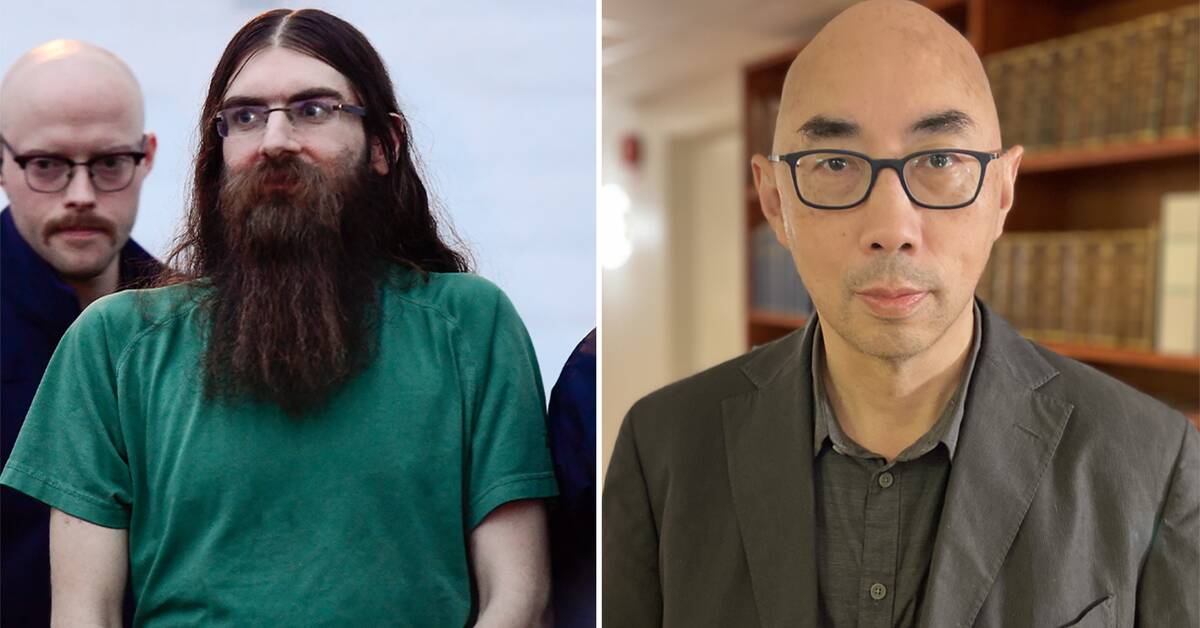There is no requirement that anyone who is seriously mentally disturbed be sentenced to forensic psychiatric care instead of prison.
After a change in the law that was made in 2008, it is also possible to be sentenced to prison.
- Before that, there was an absolute ban on prison if the person who committed the crime was seriously mentally disturbed, says Christoffer Wong, senior lecturer in criminal law at Lund University.
Terrorist crime by murder
The investigation into the murder accused Theodor Engström showed that he was seriously mentally disturbed when he attacked the psychiatric coordinator Ing-Marie Wieselgren during the Almedal Week in Visby this summer.
He also had plans to assassinate the then leader of the Center Party, Annie Lööf, and Engström was charged with the crime of terrorism through murder.
"Exceptions can be made"
According to Christoffer Wong, the seriousness of the crime is one of the reasons why Engström can be sentenced to a prison sentence instead of forensic psychiatric care.
- If you have concluded that the crime was committed under the influence of a serious mental disorder, then you should not sentence to prison in the first place, but exceptions can be made.
And it is precisely this with the penalty value in this case that makes it possible, he says.
Self-inflicted by drugs
Another factor that can weigh in when the court determines the penalty for someone with a serious mental disorder is whether it is self-inflicted, for example through alcohol or drug use.
According to the police interrogation, Theodor Engström has had mental problems for a long time and previously used antidepressant medication.
However, he is said to have stopped taking his medication already in 2018 and has since experimented with drugs such as LSD, cannabis and drugs classified as narcotics.
The lawyer does not want to see a prison sentence
Prosecutor Henrik Olin has also pointed out that Theodor Engström spoke negatively about medication and Olin questions the extent of the defendant's need for care.
Defense lawyer Staffan Fredriksson disagrees.
- My firm opinion is that he should not be put in prison, he says.

